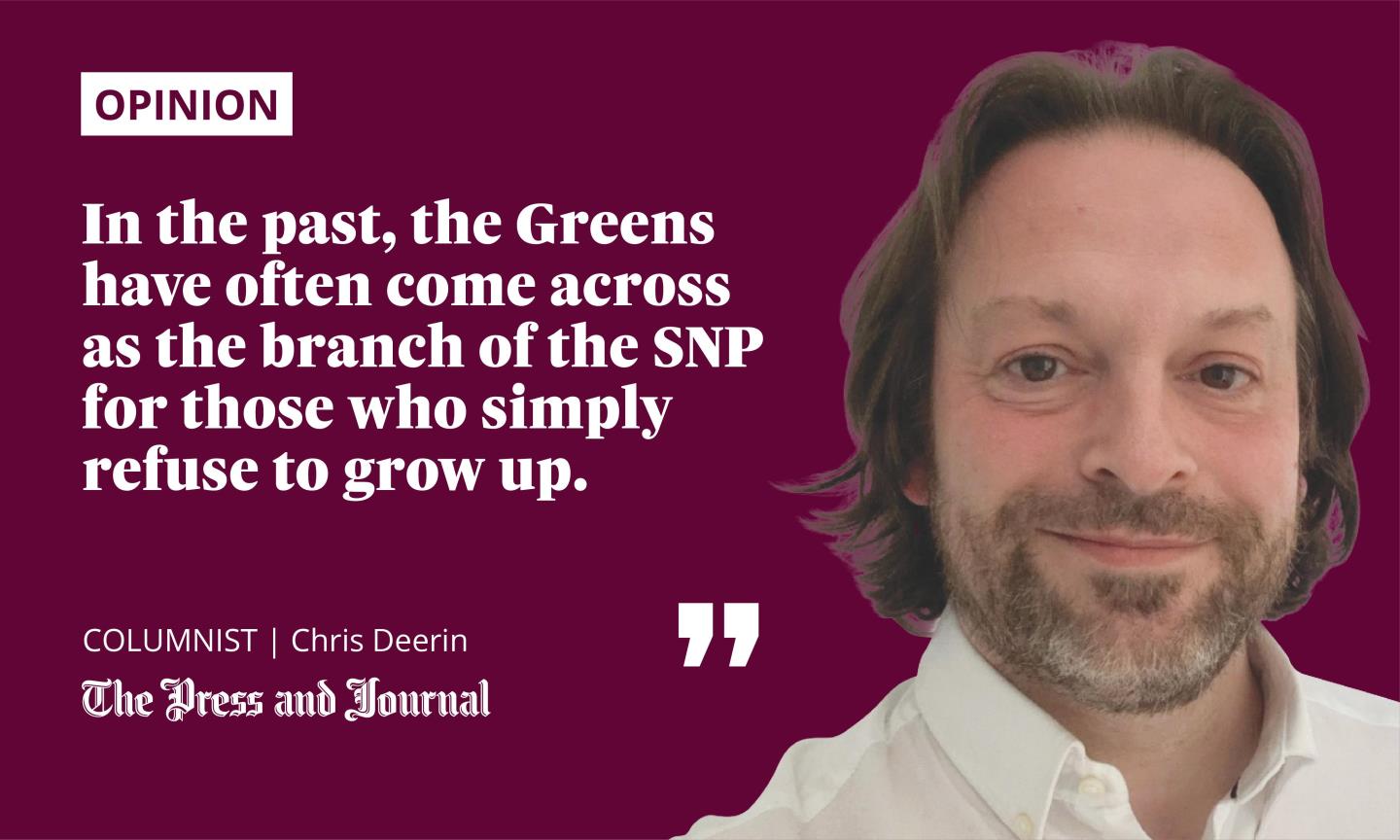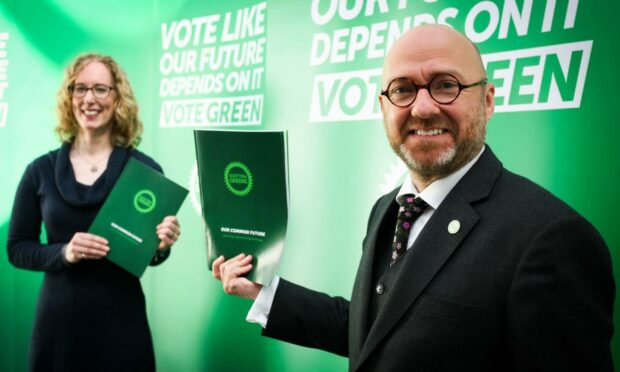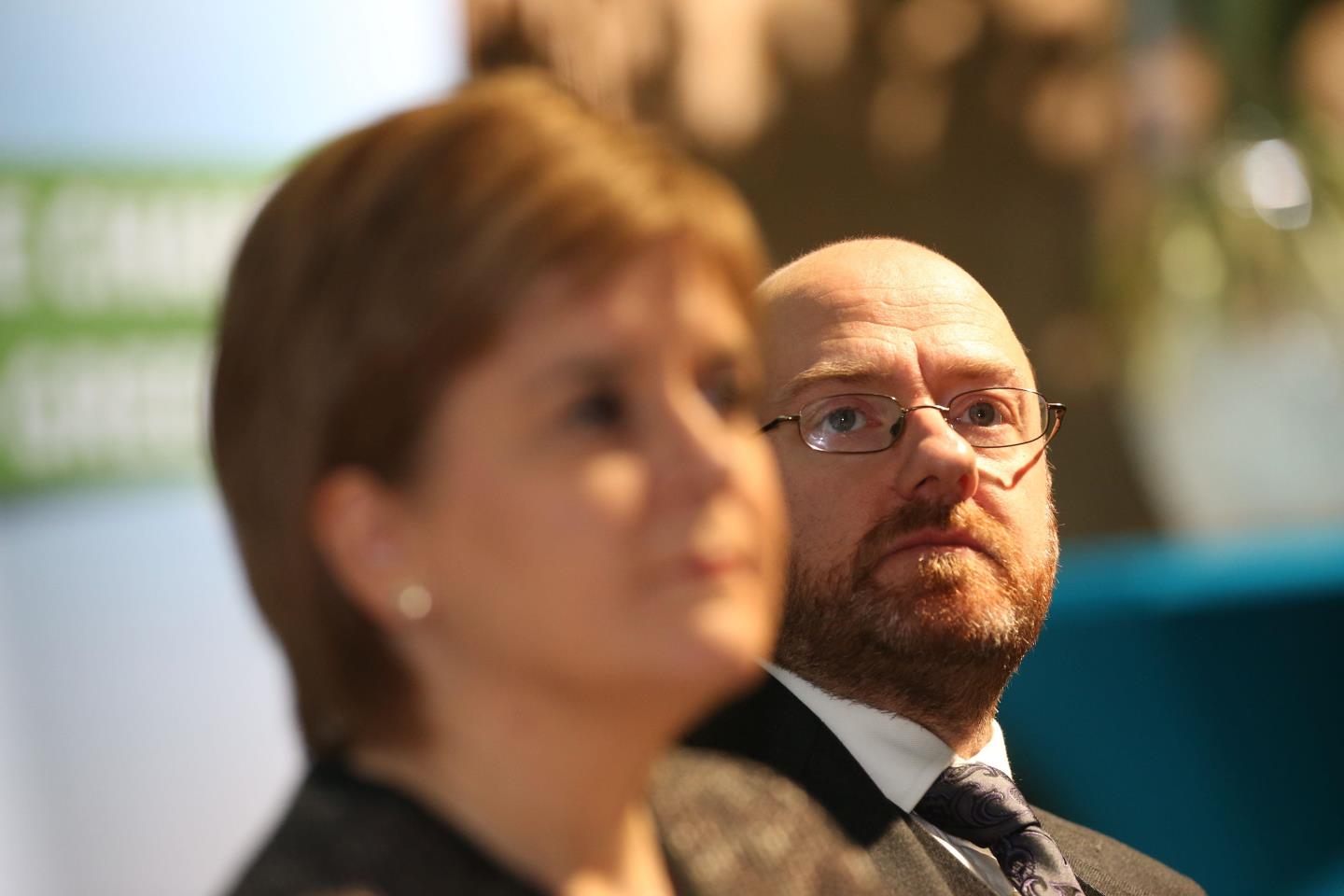To their credit, the British people sent Jeremy Corbyn, John McDonnell, Rebecca Long-Bailey and Richard Burgon packing at the last election.
Keir Starmer, to his, has routed them from senior jobs in the Labour Party and refuses to allow Corbyn to sit as a Labour MP.
If you’d taken your lead from Twitter, where their supporters have an outsize and extremely aggressive presence, you might have thought this mad gaggle of Trots and Marxists were highly popular. Ordinary folk are smarter than that, however. They spotted Corbyn’s loopiness a mile off and gave Labour a historic and deserved doing.
What are we to make, then, of Nicola Sturgeon’s decision to place the Scottish equivalent of the Corbynites at the heart of her government? By giving ministerial jobs to the Scottish Greens, easily the most extreme and hard left party ever to hold power in the UK, she has delivered a two-fingered salute to voters. And she is getting away with it.

It’s hard to imagine that, pre-coalition, Sturgeon would have come out in opposition to the Cambo oil field off Shetland. Prior to getting into bed with the Greens, the SNP had pushed hard towards net zero and greater development of renewable energy, but had also taken a sensible approach to a global – and Scottish – need for oil and gas that will continue for decades yet. However, rather than fall out with her pious partners, Cambo was thrown overboard.
This licensed Patrick Harvie, the Greens’ co-leader and Sturgeon’s minister for zero carbon buildings, to say that only the “hard right” now supported new oil and gas extraction. This was certainly news to SNP MSPs in the north-east, who are working hard to manage a transition to green energy that also threatens to rip a massive hole in the regional economy.
Working in government makes a hypocrite of everyone
The Greens are a bizarre and childish bunch. Harvie’s fellow Green minister, Lorna Slater, issued a snide tweet about Labour’s environmental credentials recently, after Anas Sarwar was pictured meeting Oil and Gas UK. It then emerged that Slater had met the same organisation in July. Harvie, a nasty piece of work, has previously denounced people who do not share his hardline views on gender as transphobes.
The problem with taking a job in government is that it makes a hypocrite of everyone who serves. This is unavoidable; collective responsibility must be observed if chaos is to be avoided, uncomfortable positions must be defended and, once a decision is agreed, you must shut up, even – especially – if you oppose it. The Greens, who in their minimalist, backbench obscurity were free to pursue their daft and often malicious policy wheezes without anyone needing to pay much attention, must now tuck in with the much larger party that has absorbed them into government.
It’s all too clear why the first minister did her deal with the Greens. Securing independence matters more to both than securing net zero
There is no doubt this is storing up trouble down the line. Harvie and his cohorts are so extreme that they negotiated an exemption from their agreement with the SNP so they do not have to support economic growth or even the measurement of GDP. Equally, they oppose membership of Nato and financial support to any businesses involved in the aerospace, defence and security sectors, regardless of their importance to national security or as an employer. They are already wriggling under the weight of collective responsibility.
Independence matters more than net zero
It’s all too clear why the first minister did her deal with the Greens. Securing independence matters more to both than securing net zero. In the past, the Greens have often come across as the branch of the SNP for those who simply refuse to grow up – they have little in common with the continental green parties who are often part of government and who have found ways to compromise and get things done for the greater good. As Sturgeon continues her push for a second referendum, she believes that giving a profile to the Greens and legitimising them as a party of power can only help the Yes movement.
Great to see Ireland introduce a Baby Box…and very proud that Scotland provided the inspiration. 🏴 🇮🇪 https://t.co/Fkj1EBYTMA
— Nicola Sturgeon (@NicolaSturgeon) July 29, 2020
The character of government matters. I have nothing against Sturgeon’s modish attempts to measure the impact on wellbeing of government action. I quite like the compassion behind the SNP’s baby box policy, which is now being copied in Ireland. When Westminster leaves gaping holes in welfare policy, it’s perfectly fair for the devolved administrations to seek to plug them.
But all of this must be delivered in concert with the essential grind of ruling – growing the economy, providing a supportive environment for innovators and wealth creators, improving public services, and behaving as a mature and reliable member of the international community.
On this important stuff – the bits that matter to the daily lives of voters – the Greens have nothing to offer. In fact, they are a hindrance. These are the dark corners you end up in if you care about nothing beyond winning independence.
Chris Deerin is a leading journalist and commentator who heads independent, non-party think tank Reform Scotland

